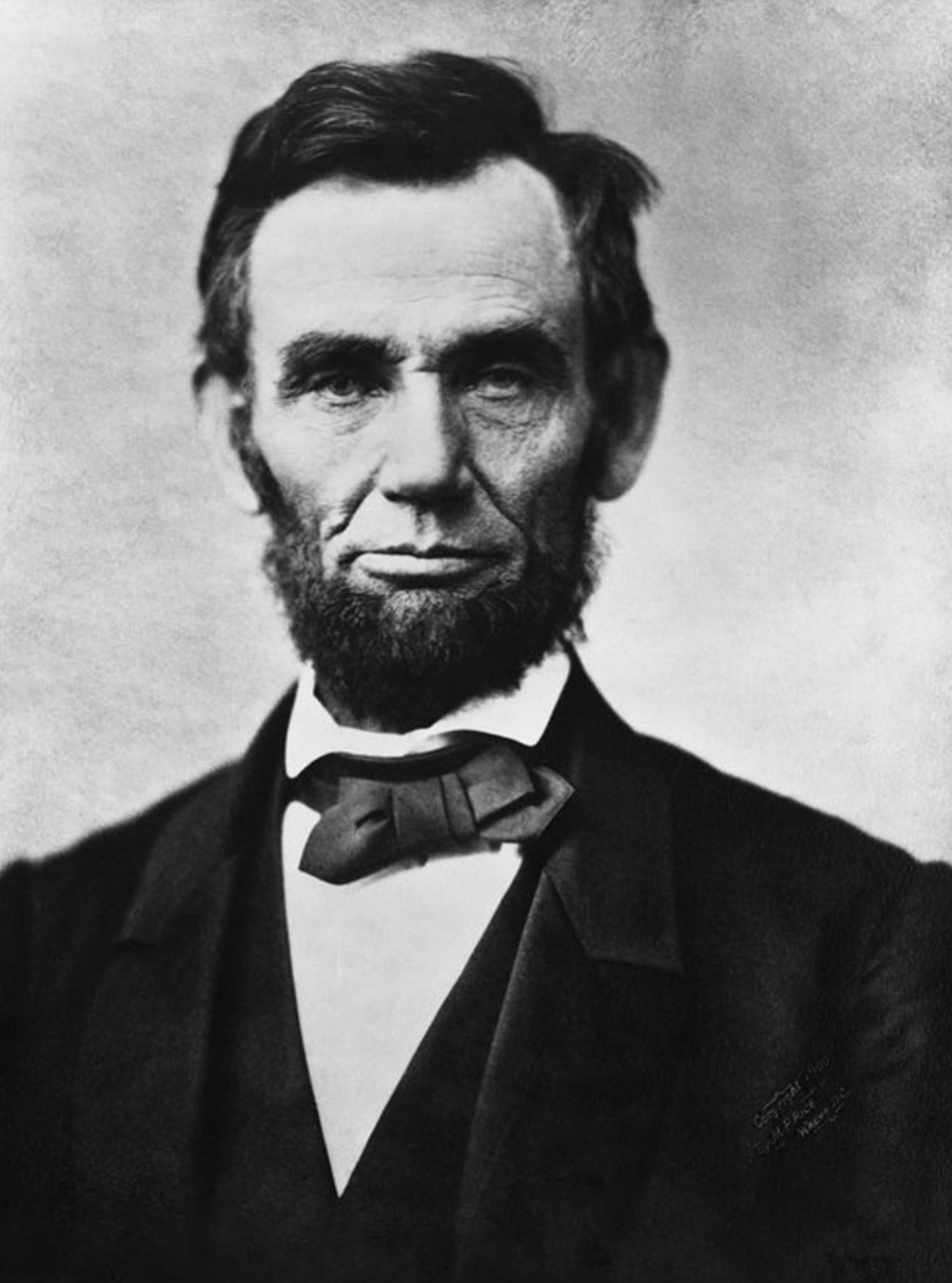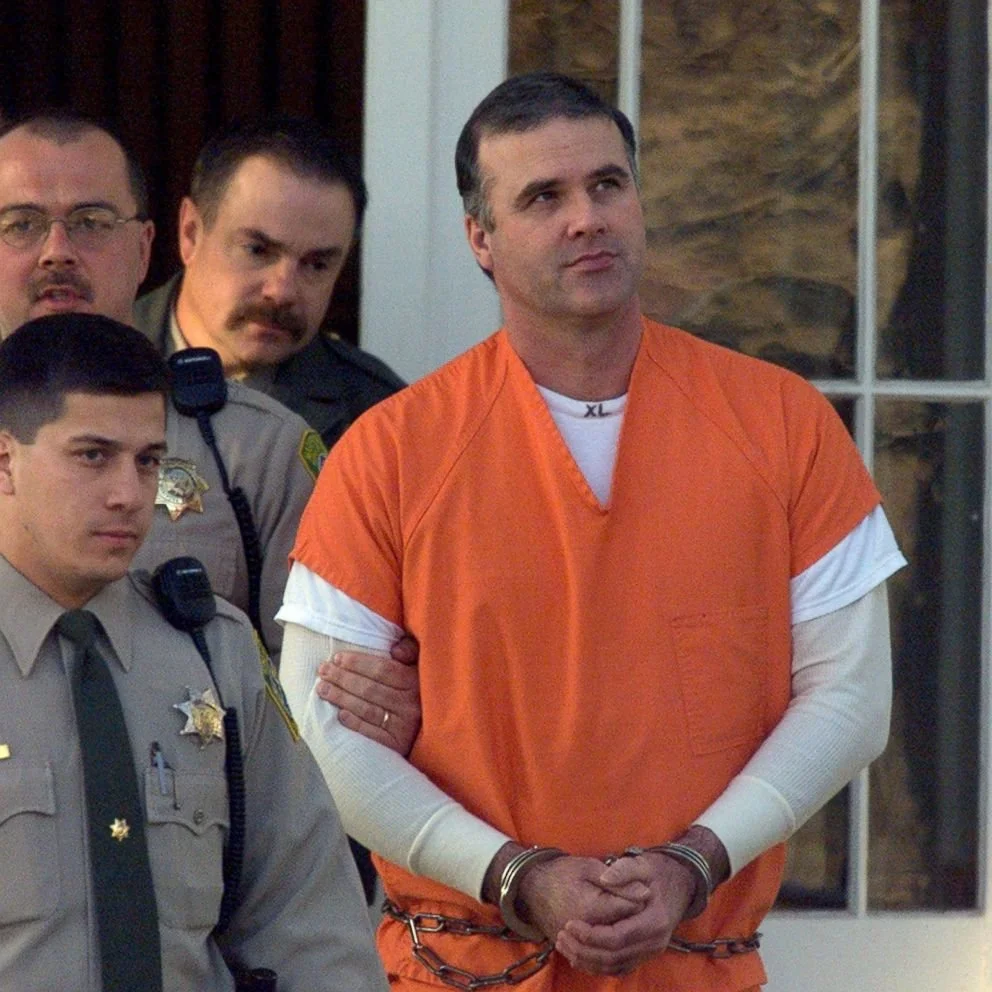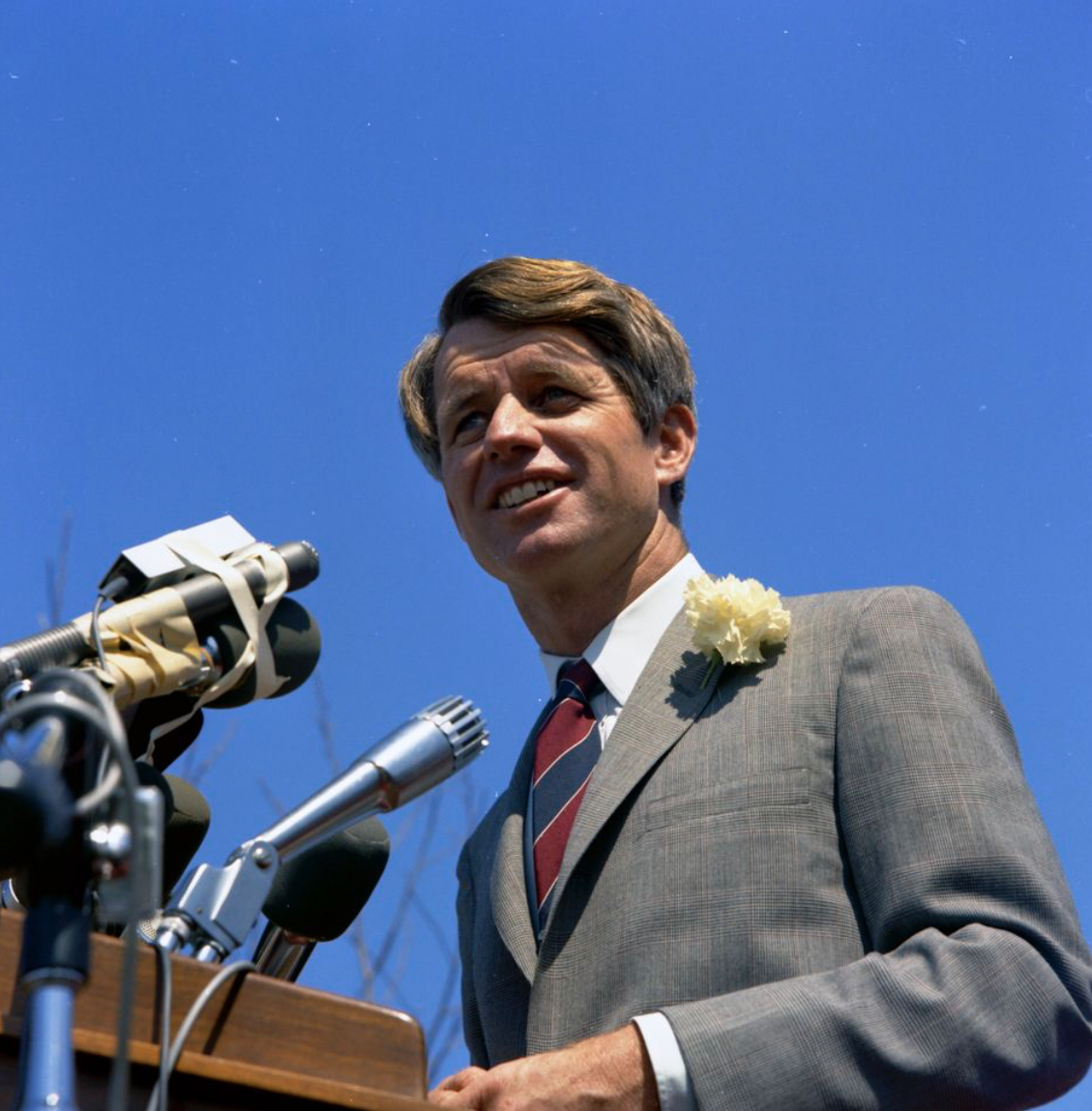Five Political Assassinations Which Shocked the World
The Ides of March is only a few days away. Although the term ‘Ides of March’ wasn’t coined until William’s Shakespeare’s play titled Julius Caesar, it has become synonymous with not only Caesar’s death, but the deaths of countless political figures. Here is a list of five political figures who had their lives cut short by assassination.
#1 - Julius Caesar (July 12 or 13 100 BCE - March 15, 44 BCE)
Julius Caesar, in full Gaius Julius Caesar, was a celebrated Roman general, statesman, conquerer, and dictator who was attempting to launch a series of social and political reforms when he was assassinated by members of the Roman Senate. Up to 60 conspirators decided to assassinate Caesar, and collectively stabbed him 23 times.
Immensely popular with the people of Rome, his death had the opposite reaction of what the assassins hoped for. Much of the Roman public were angry at the senators for the assassination. His death plunged Rome into civil wars for another thirteen years. Through his conquering of Gaul and other territorial holdings, his successor, his grandnephew and adopted son Octavian, who renamed himself Augustus Caesar, birthed the Roman Empire.
#2 - Benazir Bhutto (June 21, 1953 - December 27, 2007)
Benazir Bhutto was a Pakistani politician who served as the 11th and 13th prime minister from 1988 to 1990, and 1993 to 1996. She was the first woman to lead a democratic government in a Muslim majority country. A controversial figure, she faced charges of misconduct while in office. While in self-imposed exile in London and Dubai, she was convicted in 1999 of corruption and sentenced to three years in prison. She returned to Pakistan on October 18, 2007.
Bhutto was killed when an assassin fired shots after an election campaign rally, before blowing himself up in Rawalpindi. The attack killed 28 and injured at least another 100. She died after hitting her head on her vehicle’s sunroof. The next day, hundreds of thousands of supporters paid their last respects to her before she was buried. The attack plunged Pakistan into turmoil, with supporters rampaging through multiple cities, leaving 23 dead.
#3 - Martin Luther King Jr. (January 15, 1929 - April 4, 1968)
Martin Luther King Jr. is perhaps one of the most revered men in American history. A pastor by trade, he became one of the most visible spokesman in the fight for civil rights from 1955 until his death in 1968. He helped lead the Montgomery Bus Boycotts in Montgomery, Alabama as a young pastor, as well as being committed to nonviolence. In 1957 he was elected the leader of the Southern Christian Leadership Conference, an organization formed to provide new leadership for the civil rights movement.
King and other SCLC members were called to Memphis, Tennessee to support a sanitation worker’s strike in April 1968. At 6:05 p.m. on April 4, King was standing on the second floor balcony of the Lorraine Motel where he was shot by James Earl Ray. He was rushed to a local hospital but would not survive. News of his death sparked riots in over 100 cities around the country. President Lyndon B. Johnson called him an“apostle of non-violence.”
#4 - Archduke Franz Ferdinand (December 18, 1863 - June 28, 1914)
Although not initially the direct heir to the Austro-Hungarian throne, after the death of Ferdinand’s cousin and father, he became poised to fill the position. From 1906 onward, Ferdinand’s importance in military matters grew. He became the inspector general of the army in 1913.
On June 28, 1914, Franz and his wife Sophie traveled to Sarajevo, part of the Austro-Hungarian province of Bosnia and Herzegovina. He was there as the inspector general of the imperial army. The couple traveled through the city in an open-topped car, and would eventually both be killed by Gavrilo Princip, 19, a Bosnian Serb. The assassination of Ferdinand and his wife gave Austria-Hungary all it needed to quickly declare war on Serbia. With their allies joining in, Franz and Sophie’s deaths became the inciting incident of the First World War.
#5 - Abraham Lincoln (February 12, 1809-April 15, 1865)
Abraham Lincoln was the 16th president of the United States, and before becoming president he was a lawyer and Congressman in Illinois. Barely a month into his presidency, the Civil War began on April 12, 1861. During his time in office, he would issue the Emancipation Proclamation, freeing all slaves in the United States. He was weary about the constitutionality of his proclamation, he pushed forward the Thirteenth Amendment to once and for all abolish slavery.
Little under a week after the Confederacy surrendered to the union and a month into his second term, President Lincoln went to Ford’s Theatre with his wife to watch a comedy. President Lincoln was shot by actor John Wilkes Booth, a Confederate sympathizer, on April 14th, 1865. He would eventually die early the next morning at 7:22 a.m. despite the best efforts of doctors. President Lincoln is one of the most revered presidents in American history.











